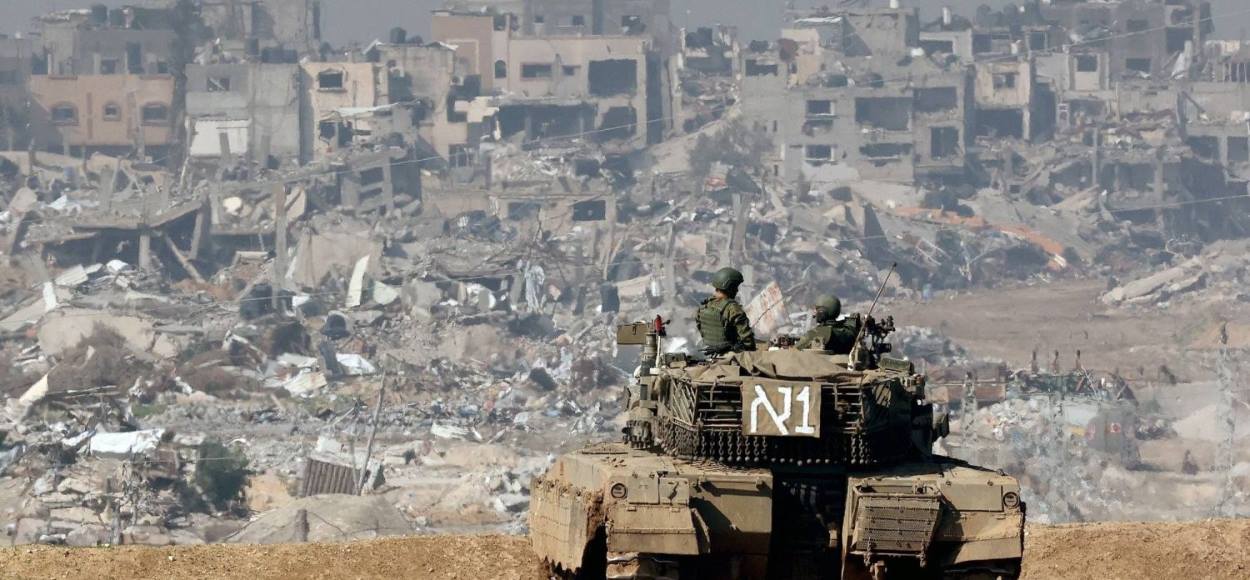Ceasefire discussions are currently underway in Qatar as the death toll in Gaza surpasses 40,000 due to the conflict initiated by Hamas’s unprecedented attack on Israel on October 7.
The United States expressed optimism about the initial phase of these discussions. “Today is a promising start,” John Kirby, spokesperson for the US National Security Council, announced, acknowledging the substantial work still required.
CIA Director William Burns is participating in the talks in Doha. The discussions are set to continue on Friday.
Hamas official Osama Hamdan indicated that while Hamas did not participate in Thursday’s meeting, the group is open to joining the indirect negotiations if they lead to new commitments from Israel. Hamas seeks to implement a truce plan US President Joe Biden proposed in late May. “If the mediators succeed in forcing the [Israeli] occupation to agree, we would, but so far, there’s nothing new,” Hamdan stated to AFP. He also expressed reluctance to engage in prolonged negotiations that would benefit Israeli Prime Minister Benjamin Netanyahu.
The need for a ceasefire has become more urgent, as the UN Secretary-General Antonio Guterres highlighted, especially given the significant number of unaccounted-for individuals who may be trapped or deceased under rubble. His spokesperson, Farhan Haq, emphasized, “This is yet another reason why we need to have a ceasefire now, as well as the release of all hostages and unimpeded humanitarian assistance.”
The mediation efforts follow a temporary truce in November, during which Gaza militants released 105 hostages in exchange for 240 Palestinian prisoners. Despite this, further negotiations have stalled. Some critics and analysts suggest Netanyahu may prolong the conflict for political advantage. Meanwhile, Israeli media reported that Defence Minister Yoav Gallant pointed to Israel as partly responsible for the delay in a hostage release deal, a claim Netanyahu’s office contested, attributing the delay solely to Hamas leader Yahya Sinwar.
The recent killing of Sinwar’s predecessor, Ismail Haniyeh, during a visit to Tehran has escalated regional tensions, with Iran and its allies pointing fingers at Israel, though Israel has not confirmed responsibility for the attack. Western leaders have urged Tehran to restrain from retaliating against Israel over Haniyeh’s death, which followed closely on an Israeli strike in Beirut that killed Hezbollah’s military commander. This has led to increased involvement from Iran-aligned groups across the region.






